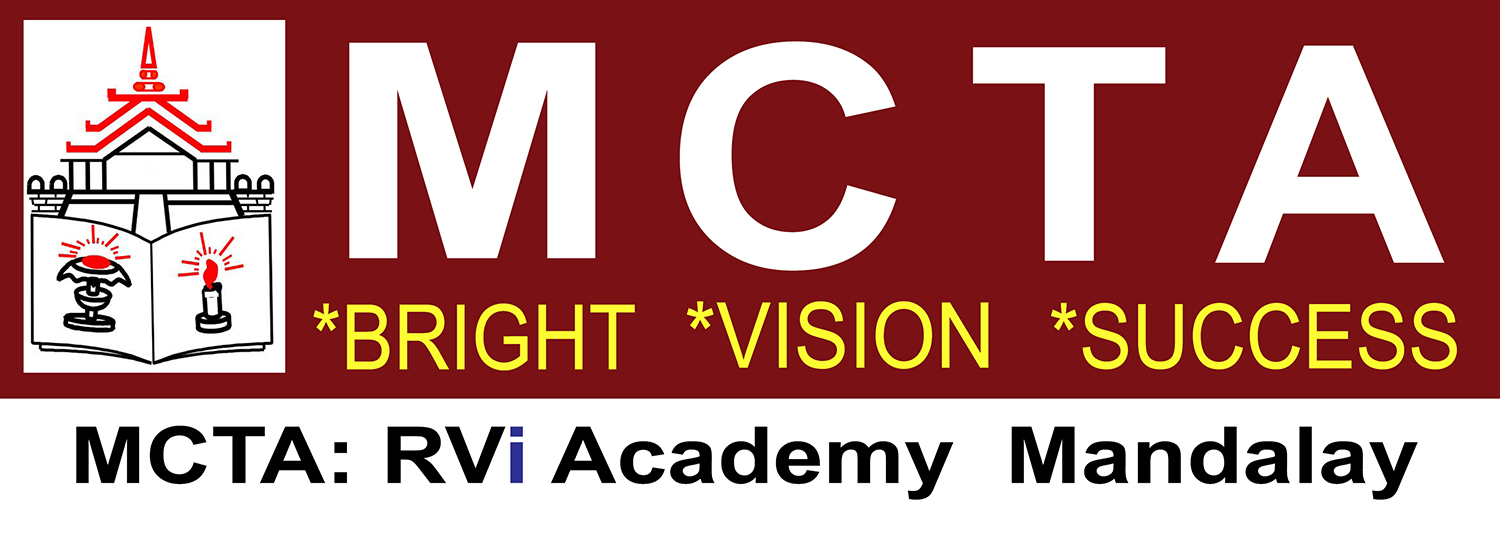It has been said that 10,000 hours of focused practice is needed to achieve the highest levels of mastery in any particular skill. This concept was first put forward by Malcom Gladwell in his well-read book, Outliers, which looked at the most successful people in the world in their fields, footballers, musicians, entrepreneurs, and scientists, to name just a few, and found one thing they all had in common: lots and lots of time practicing their craft. Over the years, as Gladwells ‘rule’ gained acceptance, so too has the list of authors and intellectuals who’ve debunked his idea.
There are two directions which opponents of the 10,000-hour rule point to while challenging it. First is the suggestion that anyone can be great at anything provided they put in those 10,000 hours. This is a very optimistic and hopeful way of looking at human abilities and comes from a foundation of motivation that can be seen on posters hanging in the school counselor’s offices worldwide. It is the idea that with hard work and dedication, anything is possible. Whereas I think this is an overstatement, I’ll leave it at that. Who am I to question the wisdom of beneficial social misinformation? I’m not going to be the one saying there is no Santa Claus.

Before going on, let’s look at how much time 10,000 hours actually represents. Imagine you wanted to become a world-class golfer, and being young, you’ve scheduled yourself 20 years to reach that goal. 10,000hrs/20yrs equals 500 hours per year. If you practice 50 weeks a year, that’s only 10 hours per week for the novice to assuredly become as those who misread Gladwell would say, a master. All along, this practice must be focused. In our example, one would need to hire a golf pro for tutoring and it would require a lot of money over a long period of time. However, it’s not infeasible. I’ll speculate that hundreds of people have done these 10,000 hours of golf without even planning on it, and the end result is most often good golfers, but “master” isn’t a word that many of them would likely invoke.
At the other end of the spectrum are skills wherein mastery can be had at far fewer than 10,000 hours. A list of these ‘simpler’ endeavors would be debatable and no doubt draws disagreement from their practitioners, but just as an example, the skill of flower arrangement could be learned at its highest level in a much shorter time. The craft of authoring short, informative pieces of non-fiction is another example. Whether the 10,000-hour rule is understated or overstated, the truth remains that the highest level of mastery of a skill is only available when a person dedicates their lives to it, for however many years that may be.
It’s an exciting time at MCTA High School as our students are submitting their entries to this term’s video-making competition. In this fun and confidence-building event, students have chosen a skill they’ve picked up during the lockdown and shared it with us on camera. These skills aren’t necessarily academic and how many MCTA graduates are going on to become world-class chefs or professional video gamers remains to be seen. In most cases, the skills showcased will not be the first lot of thousands of hours ahead. Indeed, the core subjects of high school: language, math, and science will be the foundation of more focused areas of expertise later on. As our pupils move on to tertiary education, they will face choices that everyone faces at that level: what to study and to what degree of specialization.
Whereas Coldwell’s underlying idea of specialization leading to higher performance is undoubtedly true, there is a great deal to say in favor of increasing one’s mental capacity as a generalist. Generalist fields of study include all of the humanities like history, art, sociology, and music. These fields won’t lead to high-paying jobs automatically. Indeed, I have yet to see a job posting for a professional sociologist, the field of my primary degree. That said, I’m happy with being a bricoleur, something no super-specialist can claim to be.
A bricoleur is one who takes what is given and makes the most of it. Another word for such a generalist is the jack-of-all-trades. In conclusion, I consider it no insult to acknowledge the truth of another maxim regarding specialization: a jack-of-all-trades, but master of none.
